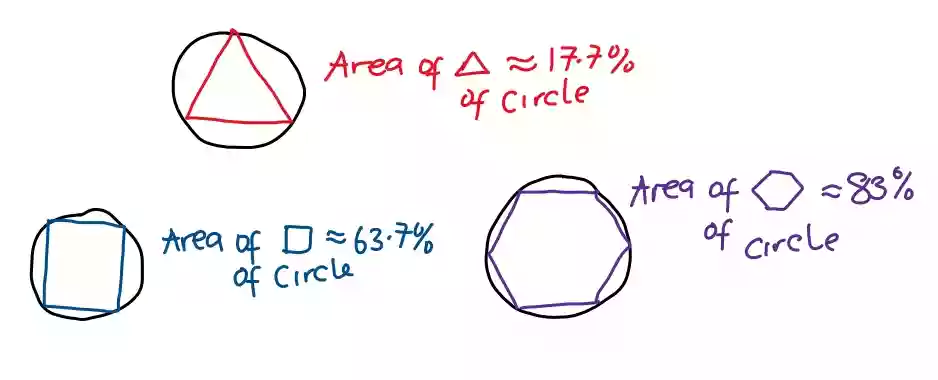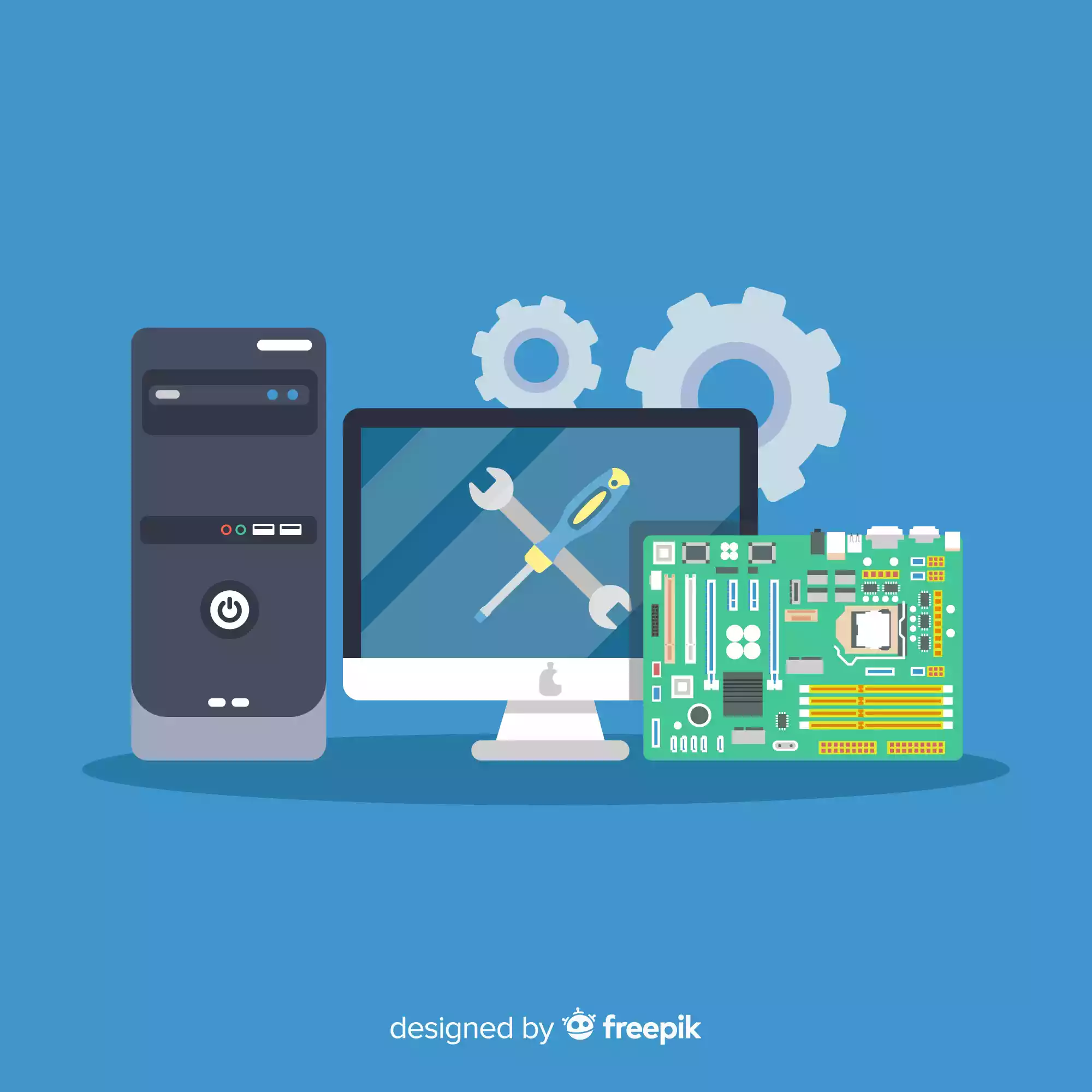What is Radio Frequency Identification (RFID) Used For?
In today’s fast-paced world, technology continues to play a crucial role in various industries.
One such technology that has gained significant attention and revolutionized numerous sectors is RFID, or Radio-Frequency Identification.
RFID offers a wide range of applications across diverse fields, providing improved efficiency, accuracy, and convenience.
In this article, we will dive into the sphere of RFID and explore its applications and benefits.
Table of Contents
What is RFID?
Radio-Frequency Identification, commonly known as RFID, is a technology that uses radio waves to identify and track objects or people.
It consists of three key components: a reader or interrogator, a transceiver, and a tag or transponder.

The reader emits radio waves, which are received by the tag. The tag then responds with specific information, such as an identification number or other relevant data.
RFID tags can be active or passive, with passive tags relying on the reader’s radio waves to power them.
How Does RFID Work?
RFID technology operates on the principle of electromagnetic coupling. When the reader emits radio waves, it creates an electromagnetic field.
When an RFID tag enters this field, it absorbs energy from the waves and uses it to power the tag’s circuit.
The powered tag then reflects a signal back to the reader, containing the stored information.
This information can be used to identify, track, or authenticate the tagged item or individual.
RFID Frequency Bands
RFID operates in different frequency bands, each with its own characteristics and applications. The most common RFID frequency bands include:
- Low Frequency (LF): This band operates at around 125-134 kHz and is commonly used for access control systems, animal tracking, and vehicle immobilization.
- High Frequency (HF): HF operates at around 13.56 MHz and is widely used in applications like contactless payments, ticketing, and near field communication (NFC) technology.
- Ultra-High Frequency (UHF): UHF operates at around 860-960 MHz and finds extensive use in supply chain management, inventory control, and retail applications.
- Microwave Frequency (MW): This band operates at higher frequencies, typically above 2.4 GHz, and is suitable for applications that require long-range identification, such as toll collection and vehicle tracking.
Read on: Frequency Range of Radio Waves, EM (Band) Spectrum, and Their Applications
Applications of RFID
RFID technology has found its way into numerous industries and has transformed various processes. Some of the key applications of RFID include:
1. RFID in Retail
In the retail sector, RFID has revolutionized inventory management and enhanced the customer experience. RFID tags attached to products allow retailers to track inventory in real-time, streamline stock replenishment, and reduce out-of-stock situations.
In addition, RFID-enabled self-checkout systems provide a convenient and efficient shopping experience for customers.
2. RFID in Supply Chain
RFID technology plays a vital role in optimizing supply chain operations. By integrating RFID tags into shipments, companies can accurately track goods throughout the entire supply chain, from manufacturing to distribution.
This enables better inventory management, reduces errors, minimizes theft, and improves overall efficiency.
3. RFID in Healthcare
The healthcare industry has adopted RFID to enhance patient safety, track medical equipment, and manage inventory. RFID tags attached to patient wristbands enable accurate identification and prevent medication errors.
RFID also helps healthcare facilities to locate and monitor medical equipment, reducing the time spent searching for vital resources.
4. RFID in Access Control
RFID has become a popular choice for access control systems. From office buildings to gated communities, RFID cards or key fobs allow authorized individuals to gain entry quickly and securely.
This technology eliminates the need for traditional keys, enhances security, and provides a convenient access solution.
5. RFID in Animal Tracking
In the field of animal tracking, RFID technology has proven invaluable. Livestock can be tagged with RFID devices, enabling farmers to monitor their animals’ health, track their movements, and ensure proper management.
This improves livestock traceability, aids in disease control, and enhances overall farming efficiency.
6. RFID in Inventory Management
RFID technology has significantly transformed inventory management processes across industries. By tagging individual items with RFID labels, businesses can perform accurate and efficient inventory counts, minimize stock discrepancies, and automate stock replenishment.
This leads to improved productivity, reduced costs, and better customer satisfaction.
7. RFID in Logistics
Logistics companies benefit greatly from RFID technology by improving supply chain visibility and optimizing transportation processes. RFID tags attached to packages and containers enable real-time tracking and monitoring, reducing the chances of loss or misplacement.
This enhances shipment accuracy, speeds up delivery times, and improves overall logistics efficiency.
8. RFID in Smart Packaging
Smart packaging, empowered by RFID technology, offers unique benefits for product authentication, anti-counterfeiting measures, and supply chain visibility. RFID-enabled packaging can provide real-time information about a product’s origin, manufacturing date, and journey through the supply chain.
This helps combat counterfeit products, ensures product quality, and enhances transparency for consumers.
9. RFID in Library Management
Libraries have embraced RFID technology to automate the process of checking in and out books, improving efficiency and accuracy. RFID tags embedded in books allow for quick scanning, reducing the time spent on manual handling.
Additionally, RFID-enabled security systems help prevent book theft and unauthorized borrowing.
Final Thoughts
RFID technology has revolutionized numerous industries by providing efficient, accurate, and convenient identification, tracking, and management solutions.
From retail and supply chain to healthcare and logistics, RFID’s applications are vast and varied.
As the technology continues to evolve, we can expect even more innovative applications and increased adoption across different sectors.
Embracing RFID can lead to enhanced productivity, improved customer experiences, and streamlined operations.
FAQs (Frequently Asked Questions)
- Q: Is RFID technology secure? Yes, RFID technology offers various security measures such as encryption and authentication protocols to protect data.
- Q: Are RFID tags reusable? It depends on the type of RFID tag. Some RFID tags are disposable, while others can be reprogrammed and reused.
- Q: What are the limitations of RFID? RFID has limitations such as limited read range, interference from metal or liquids, and potential privacy concerns.
- Q: Can RFID be integrated with existing systems? Yes, RFID technology can be integrated with existing systems, allowing seamless integration and interoperability.
- Q: How much does RFID technology cost? The cost of RFID technology varies depending on factors such as the type of tags, readers, and the scale of implementation. It is important to assess the specific requirements and benefits before determining the cost-effectiveness of RFID implementation.





